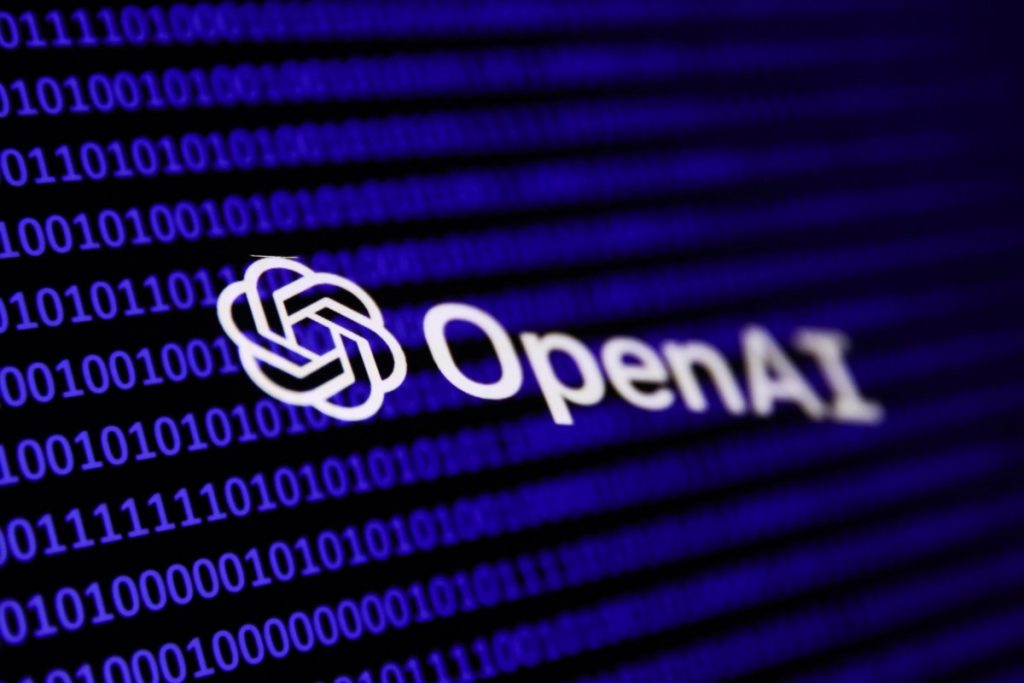The ongoing battle for AI supremacy is heating up, particularly as Meta has made headlines by attracting several prominent researchers away from OpenAI. This situation has left the leadership at OpenAI, including Chief Research Officer Mark Chen, feeling defensive. In a recently obtained Slack memo, Chen expressed his frustrations, comparing the loss of talent to someone breaking into their home and stealing valuables. This metaphor illustrates just how critical these researchers are to the core of OpenAI’s innovation strategy.
Meta’s Hiring Strategy
Meta’s recent hiring spree can be seen as a strategic move to strengthen its AI capabilities. Reports indicate that as many as eight researchers have chosen to join Meta, which raises concerns within OpenAI about the potential impact on their own projects and initiatives. The tech giant has been aggressively pursuing talent, likely in an effort to enhance its algorithmic prowess and maintain a competitive edge in the rapidly evolving AI landscape. This trend isn’t merely about filling positions; it reflects a larger trend in the tech industry where companies are vying for the best minds to propel their vision for artificial intelligence forward.
OpenAI’s Response
In light of these developments, OpenAI’s leadership has ramped up its efforts to retain top talent. Mark Chen articulated that he, along with CEO Sam Altman and other executives, have been working tirelessly to counteract the effects of Meta’s aggressive recruiting. They are taking a multi-faceted approach that includes re-evaluating compensation structures and exploring innovative ways to reward employees who are crucial to their research and development.
Specifically, Chen mentioned that OpenAI is not merely reacting to the poaching of its researchers but is being more proactive than ever. This could involve adjustments in salary, bonuses, and other forms of recognition that align with market expectations for top-tier talent in the AI field. By recalibrating compensation, OpenAI hopes to create an environment where employees feel valued and motivated to continue their work within the organization.
Financial Implications and Market Dynamics
The competitive landscape in AI is not just a question of talent but also involves significant financial considerations. Reports indicate that Meta has been willing to offer lucrative packages, including what Sam Altman described as “$100 million signing bonuses” for top researchers. Though Meta executives have since pushed back against such claims, emphasizing that their offers are substantial but not as extreme as reported, the competitive pressure remains palpable.
This financial arms race highlights the stakes involved in attracting key talent. As the demand for skilled professionals in AI continues to grow, companies are willing to invest heavily to secure the best minds in the field. For instance, according to a Forbes article, the global AI talent market is projected to reach a valuation of approximately $190 billion by 2030, signaling an increasing urgency for companies to establish a strong foothold in this realm.
Community and Employee Sentiment
The morale among OpenAI team members might be affected by the news of colleague departures. A sense of insecurity can permeate an organization when high-profile leaders and researchers leave for a competitor. In the same memo, Chen mentions a “visceral feeling” in response to these changes, indicating that the atmosphere at OpenAI might be tense as employees ponder their future within the company.
Employee sentiment is a crucial factor for organizations like OpenAI. When researchers perceive that their work is undervalued or that their employer is not responding effectively to external pressures, it can lead to disengagement or further departures. Ensuring a positive environment where employees feel recognized and appreciated is vital for retaining talent and fostering innovation.
Conclusion
As the competition for AI talent intensifies, companies like OpenAI and Meta are engaged in a high-stakes struggle for innovation leadership. OpenAI’s proactive measures in response to Meta’s hiring strategy reveal the complexities of the current tech landscape. The way in which these companies navigate this talent war will likely have significant implications for the future of artificial intelligence development and deployment.

